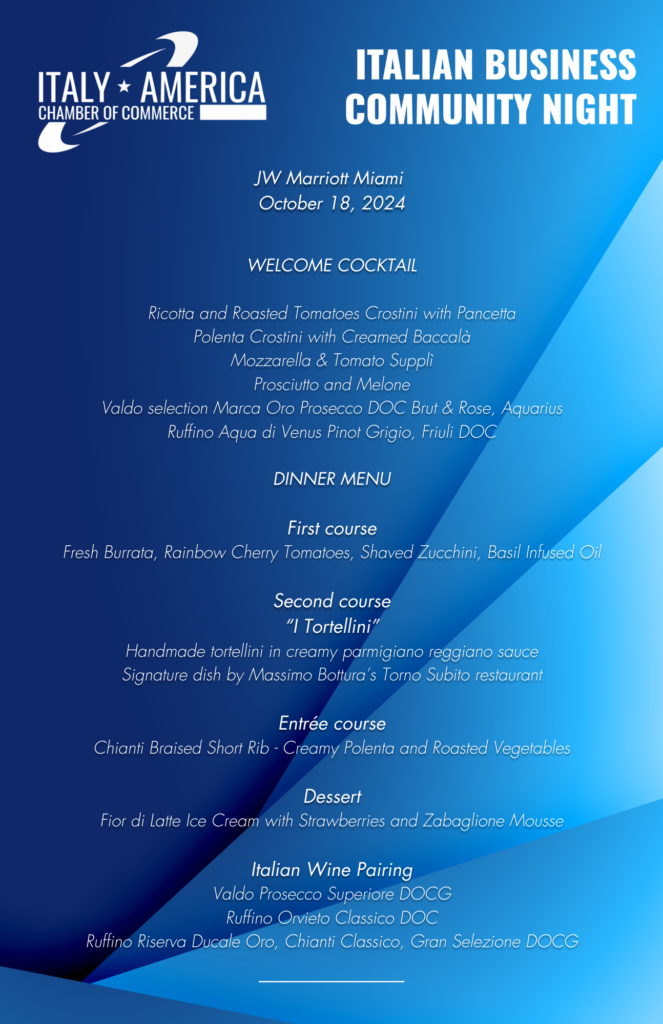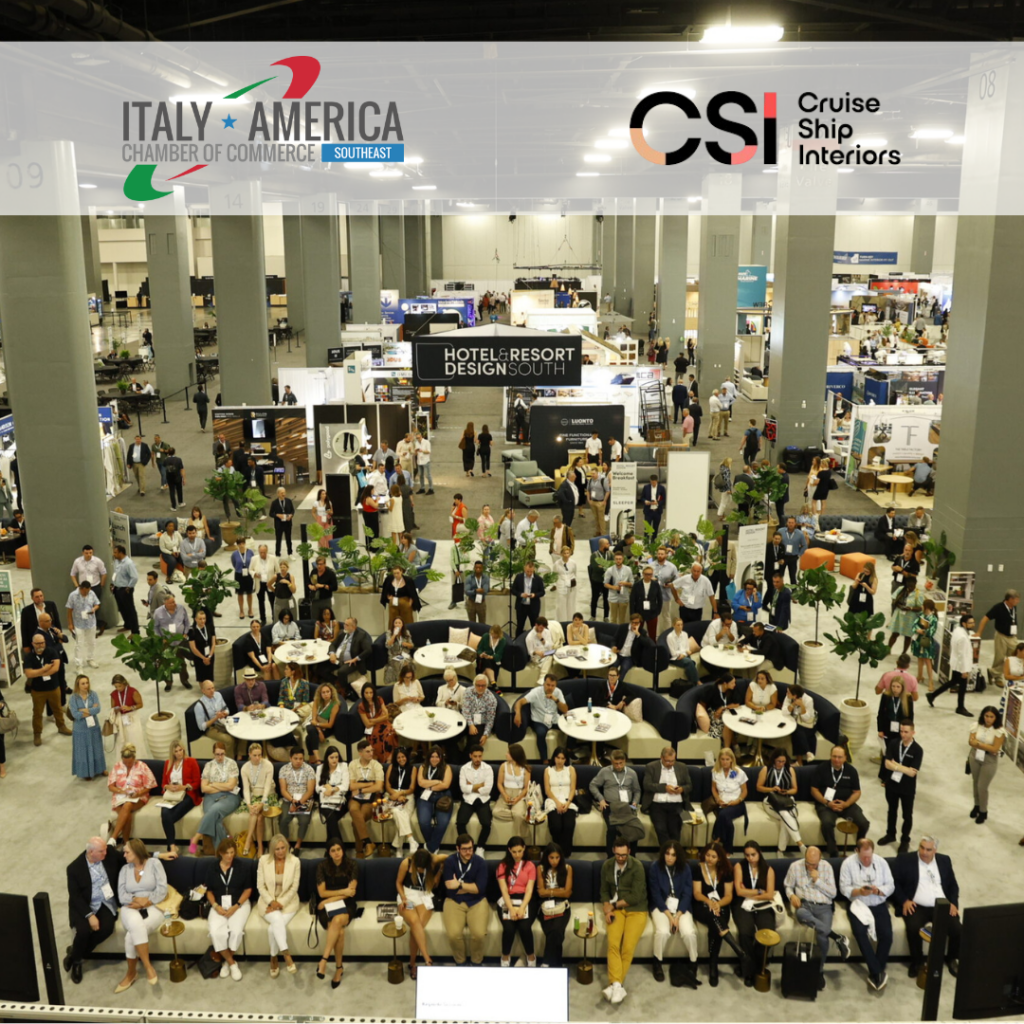GOLD SPONSORS

Clevertech
Clevertech North America based in Fort Myers, Florida, is a high-added value enterprise which allows the global Clevertech Group to directly support the US, Canadian and Mexican markets. Staff includes professional managers, mechanical, software and electrical technicians, as well as over fifty external technicians. Clevertech North America provides machine sales and systems design, testing, installation and commissioning of systems, after-sales and spare parts support.

CMC Group Miami
CMC Group is a fully integrated real estate development company, focused on luxury residential, commercial, and retail properties, founded in 1986 by visionary developer Ugo Colombo.CMC has redefined luxury residential development and through its use of fine materials and quality construction continues to be recognized as one of South Florida’s premier luxury condominium developer.

Valdo USA
Valdo is a family-owned winery located in Valdobbiadene, a UNESCO World Heritage Site. Founded in 1926, Valdo is one of the most historic and trusted brands specialized in premium Prosecco and Italian sparkling wines, blending tradition with innovation. Passion for quality and strong commitment to sustainability are the key company values driving Valdo into the future.
SILVER SPONSORS
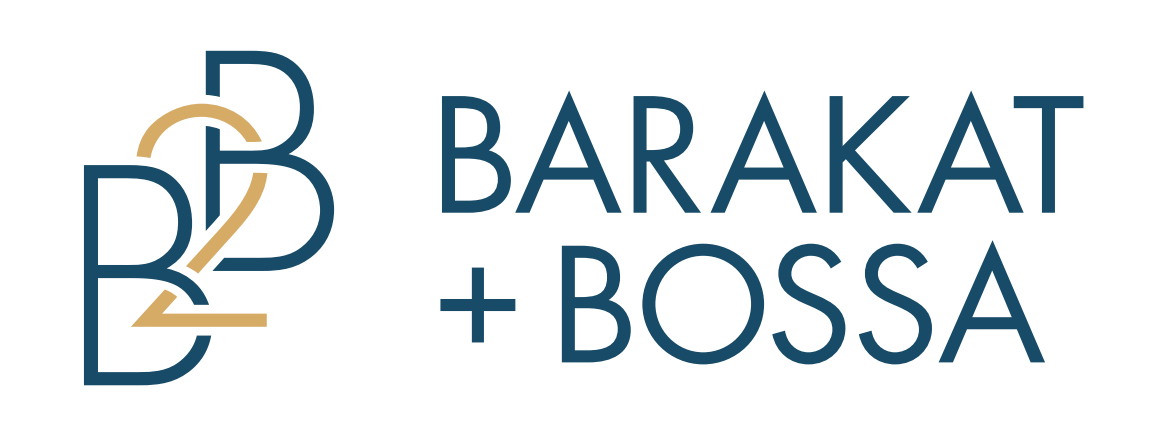
Barakat & Bossa
Barakat + Bossa is an international firm which has been protecting business and their owners in litigation and arbitration since 2004. The company focus on business matters such as partnership disputes, non-competes, corporate litigation, real estate, breach of contract and financial fraud. In 2020, the firm was renamed Barakat + Bossa after a merger between Brian Barakat & Giacomo Bossa.

Florense
Founded in 1953, Florense is a Brazilian Company with an Italian heritage. At Florense state of the art technology and craftsmanship operate hand in hand to produce furniture of impeccable quality. Florense has mastered industrial fabrication and yet is able to customize each project as if made by an artisanal cabinetmaker. It offers flexibility in dimensions, materials and hundreds of finishes.

Giro d’Italia – Ride Like a Pro
Giro d’Italia – Ride Like a Pro is a premier cycling event and training initiative inspired by the iconic Giro d’Italia race. Their mission is to empower cyclists of all levels to participate in a memorable event, “riding like a pro” and to enhance their skills, fitness, and enjoyment of the sport through immersive experiences and expert guidance.
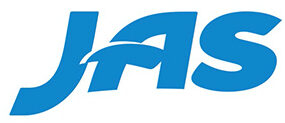
JAS USA
JAS is a premier “go-to” company for those wishing to move cargo from anywhere in the world to anywhere else in the world. Through the use of advanced tracking technologies, sophisticated global communications, and a large team of experts across a broad spectrum of specialties, JAS is able to cost effectively handle the shipping of everything from tiny camera parts up to the massive components required to build an oil rig.

NDM Racing
NDM Racing is a motorsport communication company. We specialize in the creation and implementation of tailor-made marketing, advertising and branding campaigns for companies who want to establish a presence in the American and Italian markets through the exciting world of car racing.
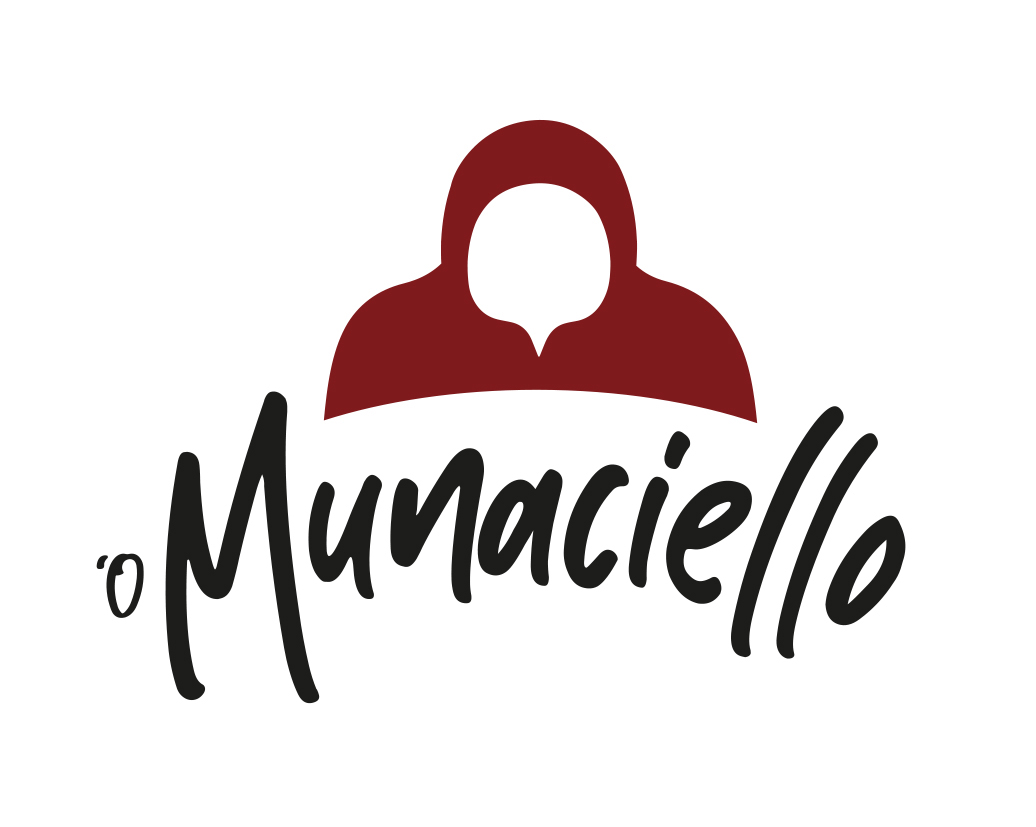
O Munaciello
O Munaciello is a traditional Neapolitan pizza restaurant that opened in Miami in January 2017. Bringing the essence of Florence to the area, it reinterprets classic Neapolitan dishes using local ingredients and high-quality imports. The pizzas are baked in a custom-made brick oven from Naples, offering a unique culinary experience in South Florida.

Robert Allen Law
Founded in 1993 by Robert N. Allen, Jr., Robert Allen Law is an international boutique law firm located in Miami’s financial district. With over 25 years of legal expertise, the firm specializes in both domestic and international matters, serving a diverse clientele including Fortune 500 companies and foreign investors. Robert Allen Law offers personalized legal services that rival larger firms, ensuring clients receive dedicated attention from a cohesive team of experienced professionals.

Stemal Srl
Founded in Rome in 1992, Stemal specializes in Artist Management, TV Production, Theater, Music, and Advertising. The agency handles events, conventions, social media, and TV commercials, and manages celebrities in entertainment and sports. It also develops new TV formats and collaborates with TV channels, while protecting authors’ rights through SIAE.Additionally, Stemal is an independent record label and music publisher, planning productions and tours for emerging and established artists..





